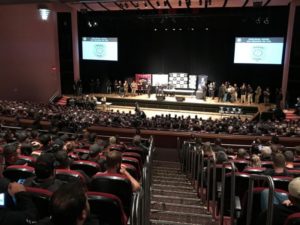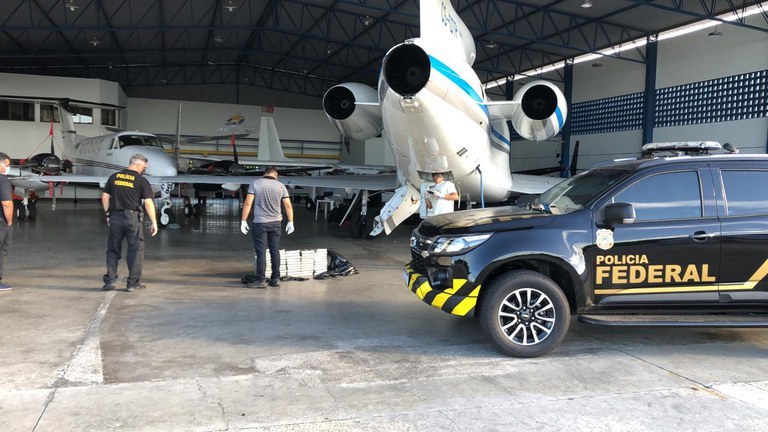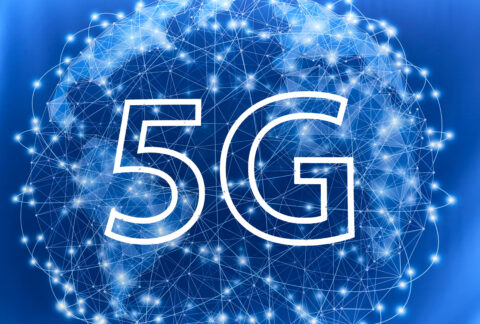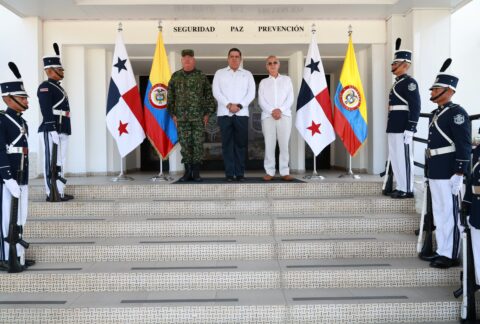In April, Brazilian security forces dismantled two major international narcotrafficking gangs, continuing to deal a heavy blow to transnational crime. As a result of these actions, authorities arrested 66 criminals, among them high-ranking members of the criminal organizations.
The Rio Grande do Sul Civil Police carried out Operation Kraken to disrupt a gang that operated mainly within that state and had a relationship with cocaine traffickers from Bolivia linked to the Mexican Sinaloa cartel. These Bolivians even used semisubmersibles to send drugs to Mexico and the United States, Brazilian news site G1 reported.
“What they [the gangs] seek is to consolidate the direct search for drugs in Bolivia to Rio Grande do Sul and southern Brazil, and they already have movements to begin to place drugs in other countries as well,” Rio Grande do Sul Civil Police Deputy Mário Souza of the Canoas regional station, told G1. The money from the illegal sales of narcotics financed the purchase of heavy weapons used in robberies. The organization also used to forge documents and launder money by acquiring precious stones, jewelry, cars and luxury houses.

Some 1,300 civil, military, and highway police officers from Rio Grande do Sul and four other Brazilian states deployed to participate in the April 19 operation, and served 65 arrest warrants in one day, resulting in 58 arrests. Authorities seized more than $9.7 million in property and cash.
“Operation Kraken breaks paradigms in what we had until now in the fight against organized crime and money laundering. The consequences of this work will certainly be seen for several years and the techniques used will serve as a basis for future work,” said Souza, the Rio Grande do Sul Civil Police reported.
From Brazil to Europe
Operation Discovery, also carried out April 19, disrupted another international narcotrafficking scheme. The stings took place in five Brazilian states and in Portugal, leading to the arrest of seven suspects.
According to G1, authorities arrested businessmen, politicians, members of a criminal group in São Paulo, and the protagonist of one of Brazil’s most infamous corruption scandals, black market currency trader Nelma Kodama, who was arrested in Lisbon. Previously convicted in Operation Car Wash (Operação Lava Jato) in 2014, Kodama was now a target of Operation Discovery, a sting against a criminal network that trafficked cocaine to Portugal in the fuselages of private planes, the InSight Crime organization said. Kodama is suspected of working with Marcelo Mendonça de Lemos, a high-ranking member of the First Command of the Capital, in an alleged cocaine smuggling scheme, according to federal police investigators who spoke to UOL media outlet.

Authorities began to investigate the group in February 2021, when a plane belonging to a Portuguese company was caught at an airport in northeastern Bahia state with more than half a ton of cocaine.
After the bust in 2021, the Brazilian Federal Police, with the support of the DEA, the Portuguese Judiciary Police’s National Unit for Combating Narcotics Trafficking, and the Brazilian Office of the Attorney General, was able to shed light on the links between Brazilian and Portuguese traffickers, revealing a structure that not only involved cocaine suppliers, but also aviation mechanics, pilots, and currency traders who moved the money.
Brazil is a significant transit and destination country for cocaine, says the U.S. Department of State in its 2022 International Narcotics Control Strategy Report. Its porous borders with source countries — Colombia, Peru, and Bolivia — are three times the size of the U.S. border with Mexico. Most of the cocaine entering Brazil is destined for its domestic market or for transit to Europe.
Brazilian authorities, the report indicates, have increased anti-drug operations, achieving positive results in 2021, with more than 83 tons of cocaine seized by the Brazilian Federal Police.









